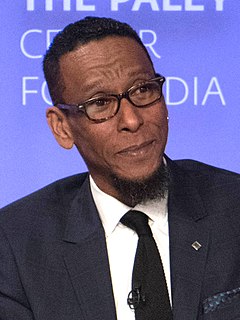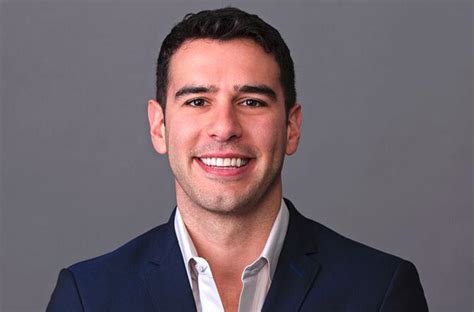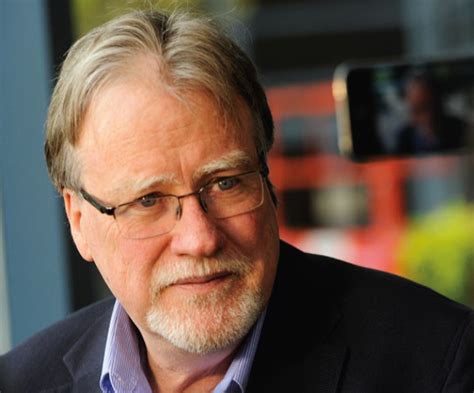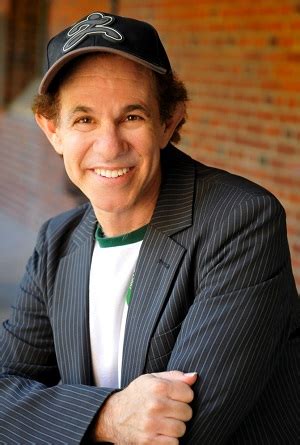A Quote by Dorothy Allison
Behind the story I tell is the one I don't...Behind the story you hear is the one I wish I could make you hear.
Related Quotes
So often with beginning writers, the story that they want to start with is the most important story of their life - my molestation, my this, my horrible drug addiction - they want to tell that most important story, and they don't have the skills to tell it yet, so it ends up becoming a comedy. A powerful story told poorly becomes funny, it just makes people laugh behind their hands.
The story is the only thing that's important. Everything else will take care of itself. It's like what bowlers say. You hear writers talk about character or theme or mood or mode or tense or person. But bowlers say, if you make the spares, the strikes will take care of themselves. If you can tell a story, everything else becomes possible. But without story, nothing is possible, because nobody wants to hear about your sensitive characters if there's nothing happening in the story. And the same is true with mood. Story is the only thing that's important.
When parents say, "I wish my child did not have autism," what they’re really saying is, "I wish the autistic child I have did not exist, and I had a different [nonautistic] child instead." Read that again. This is what we hear when you mourn over our existence. This is what we hear when you pray for a cure. This is what we know, when you tell us of your fondest hopes and dreams for us: that your greatest wish is that one day we will cease to be, and strangers you can love will move in behind our faces.
One of the rules of the road is that if you want to create the sense of silence, it frequently has more pungency if you include the tiniest of sounds. By manipulating what you hear and how you hear it and what other things you don't hear, you can not only help tell the story, you can help the audience get into the mind of the character.





































